Perhaps one of the most well-known regionals, La Jolla Playhouse (located in La Jolla, California) has solidified its reputation of originating new work, producing a total of 105 world premieres and sending 33 productions to Broadway. I reached out to Gabriel Greene, La Jolla Playhouse’s Director of Artistic Development, to shed some light on the role of the regional theatre in musical development.
Special thanks to Gabriel for his generosity in time and expertise.
How does La Jolla Playhouse differentiate itself from other regional theatres?
There are a lot of spectacular regional theatres at which to develop new musicals. I like to think the Playhouse’s core strengths are rooted in our commitment to, and extensive experience with, helping birth new plays and musicals (we’ve produced 48 musicals since we re-opened in 1983). The Playhouse’s production staff possesses stellar artistry and skill; oftentimes, some of their work moves to Broadway along with the show. We also are able to provide a lot of dramaturgical resources via readings, workshops, and rehearsal periods. And of course, the final component is our adventurous and dedicated audiences, who take pride in being the first to see new work, and from whom the creative teams and producers can learn so much.
What are some musicals that began at La Jolla Playhouse that went on to Broadway? What was their process like?
33 musicals have gone from our stages to Broadway since 1983, including The Who’s Tommy, Jersey Boys, Thoroughly Modern Millie, Memphis, SUMMER: The Donna Summer Musical, Come From Away and the upcoming Diana, just to name a few. The process can differ a lot, depending on how early we get involved with the project. When we commission a musical—like Hands on a Hardbody or Miss You Like Hell—we’re very involved in the early stages: helping the writers figure out the story they want to tell, helping them choose the rest of the creative team, etc. When projects come to us a little later on in their process—say, when they have a commercial producer already attached and the team already assembled—we still take an active role in its dramaturgical development, as well as collaborating on the development of its marketing, branding and PR, and the construction of the physical production elements.
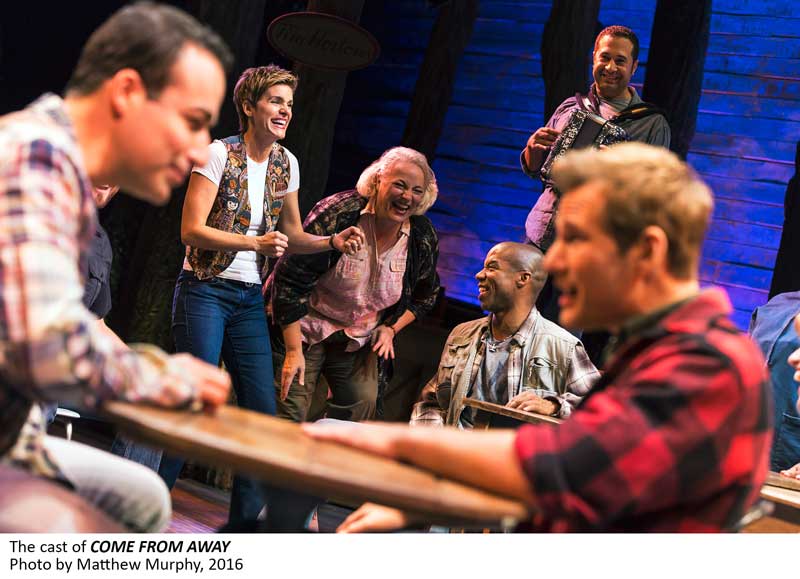
COME FROM AWAY: The cast of the La Jolla Playhouse-born Broadway production of COME FROM AWAY, book, music and lyrics by David Hein and Irene Sankoff, directed by Playhouse Artistic Director Christopher Ashley; photo by Matthew Murphy.
How does a regional theatre work with writers on developing a new musical?
The resources we provide range from the financial (producing a workshop, paying for rehearsal space and artists) to the dramaturgical (wonderful conversations in which we hear from the writers what they’re hoping to create and then helping guide them to that endpoint). My dramaturgical process tends to be very question-oriented; my interactions are less prescriptive and more about pointing at the writers’ north star and asking how certain choices get them closer to that.
Does La Jolla Playhouse provide a full production team, or can writers bring in their own director, producer, choreographer, etc.?
We meet a production wherever it’s at and assist in any way we can. If a project is already fully staffed with a creative team, that’s fine. If it’s at an earlier stage, we can help a writing team figure out what collaborators might be the best fit.
What does a typical timeline look like from when La Jolla Playhouse selects a work to its production both at LJP and elsewhere?
It’s tricky to nail down a “typical” timeline. The metaphor I use most often is that straight plays are like sailboats: they’re small, they’re agile. Musicals are like aircraft carriers: they’re gigantic, tons of people work on them, and it takes them five miles to execute a 90-degree turn. There’s such a large team required to bring a musical to life, so a musical can take several years to take shape, find its voice and get on its feet.
How do regional theatres find new projects?
Many of them are projects we initiate by commissioning writing teams we’re excited by. Others come to us in largely traditional ways such as through commercial producers or via agents. (Our volume of submissions is currently so high that we’re only able to accept full scripts from represented writers. However, anyone is able to submit a 10-page sample and a few demo tracks to us, from which we may ask to read the entire script.)
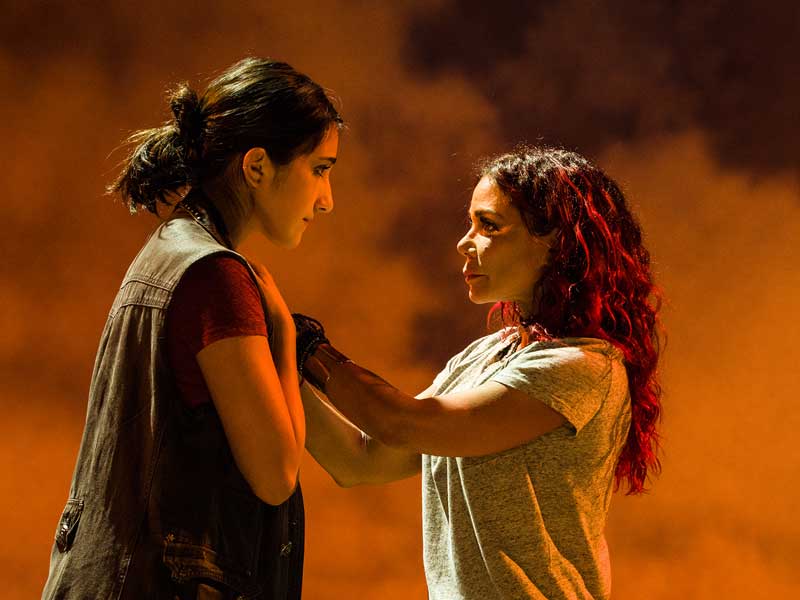
MISS YOU LIKE HELL: Daphne Rubin-Vega (right) and Krystina Alabado in La Jolla Playhouse’s world-premiere commissioned musical MISS YOU LIKE HELL, book and lyrics by Quiara Alegría Hudes, music and lyrics by Erin McKeown, directed by Lear deBessonet; photo by Jim Carmody.
What kind of work is La Jolla Playhouse most likely to produce?
I love our entire mission statement, but my favorite section is where we say we want to be “a safe harbor for the unsafe and surprising.” We aspire to be a theatre that amplifies voices from all identities, and we welcome risk-taking, both in terms of content and form. I personally am drawn to work that deepens the question instead of assuming it knows the answer.
“…we want to be ‘a safe harbor for the unsafe and surprising.’ We aspire to be a theatre that amplifies voices from all identities, and we welcome risk-taking – both in terms of content and form.”
~Gabriel Greene
Do you choose shows based on commercial appeal?
One of the things that brought me to the Playhouse was how eclectic their programming choices have always been. Overall, we’re interested in a conversation with our audiences and in creating empathy and sharing mission-driven stories from people who represent the widest, most inclusive definition of America.
Do you follow cultural or national trends?
We’re likely to be aware of them, but hopefully not devoted to them—and ultimately, we aim to set them ourselves. Our artistic director, Christopher Ashley, is fond of talking about our work as “the new and the next,” so we’re always looking forward.
Is NAMT membership and/or the NAMT annual conference and festival in NYC important to you for finding new works?
Writers we work with need not be members of organizations like NAMT (though it’s a wonderful group!), but we certainly do pay close attention to the work that places like NAMT showcase and find it to be a valuable resource.
For more information about La Jolla Playhouse, visit their website at www.lajollaplayhouse.org.

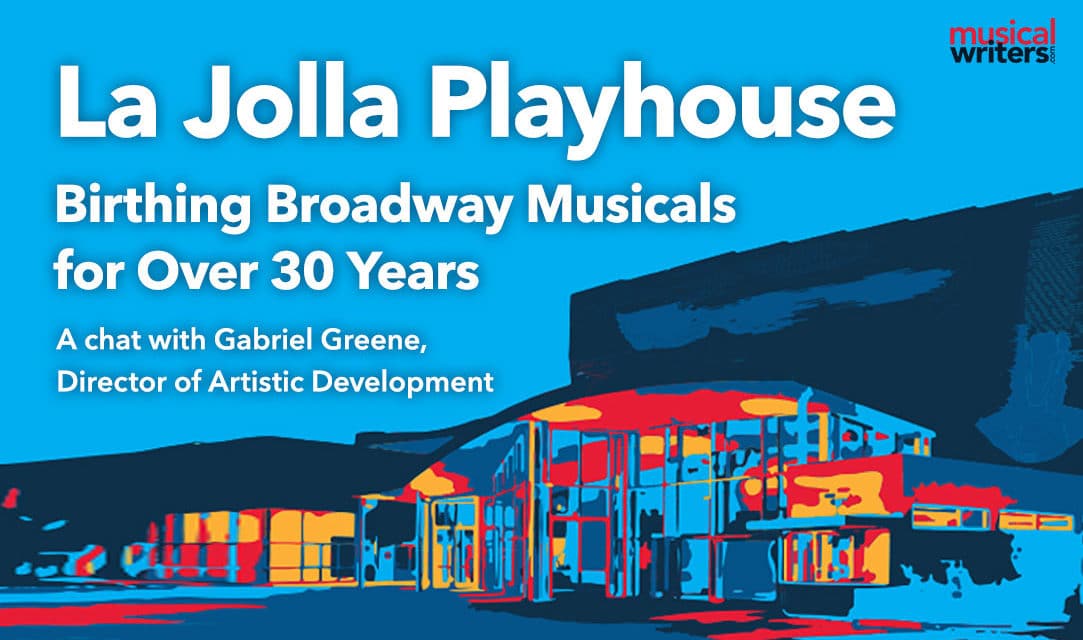
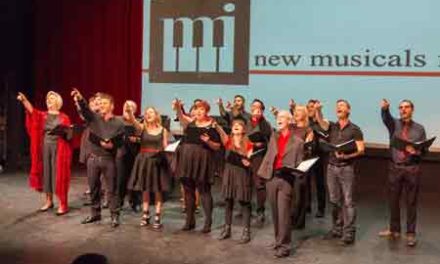

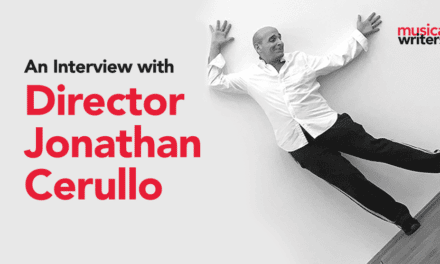
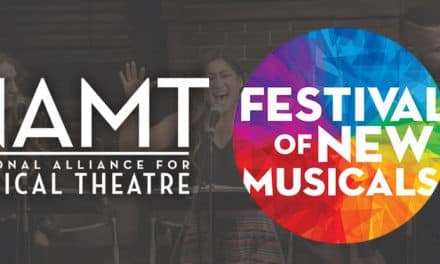




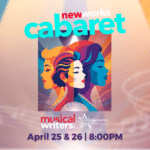








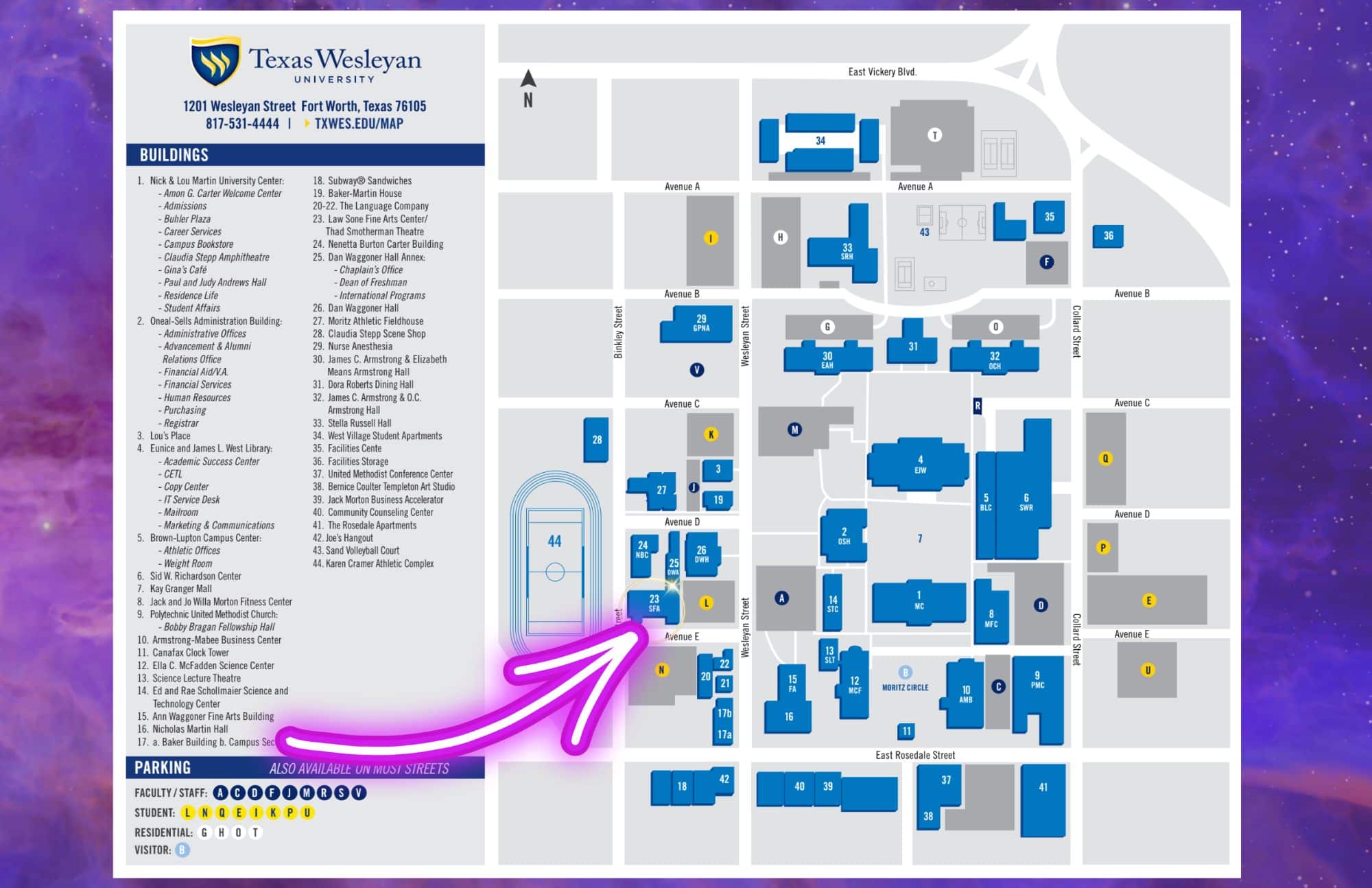
May 2021 bring us some musical hope. I’ve been making my Wannabe Musical: Silent Dreams into a virtual musical.
5 YouTube Uploads so far. Here’s the Overture Link. All music composed and arranged by drama major, Chip McDaniel.
YouTube Channel: “Charlotte Chip Ashurst McDaniel”
“Silent Dreams Overture”
Silent Dreams Overture
https://youtu.be/N6L2xv1QkUA
Chip McDaniel
chip.silentdreams@gmail.com